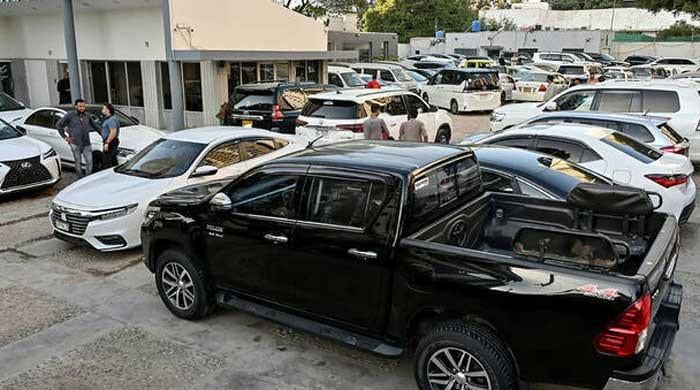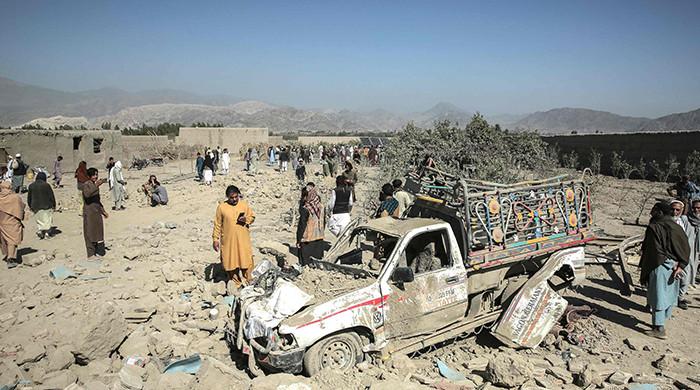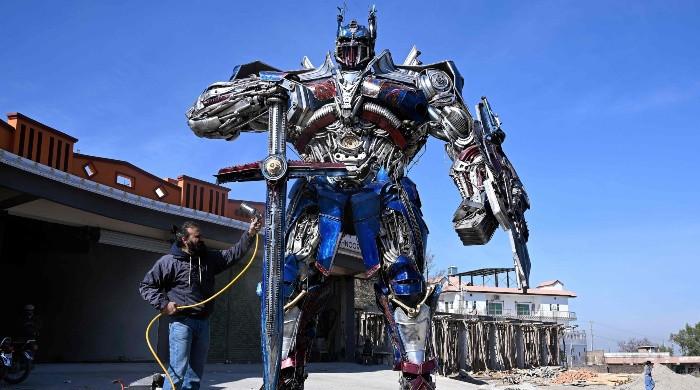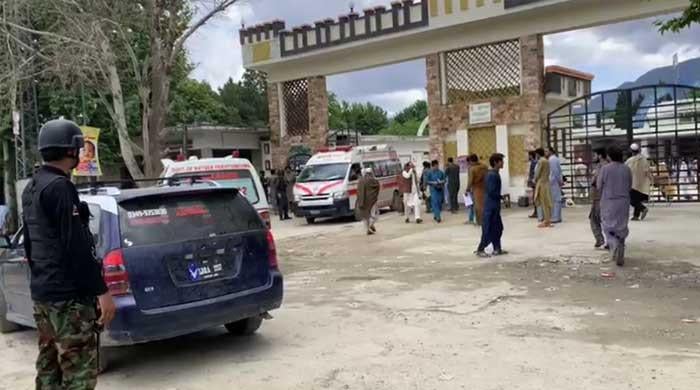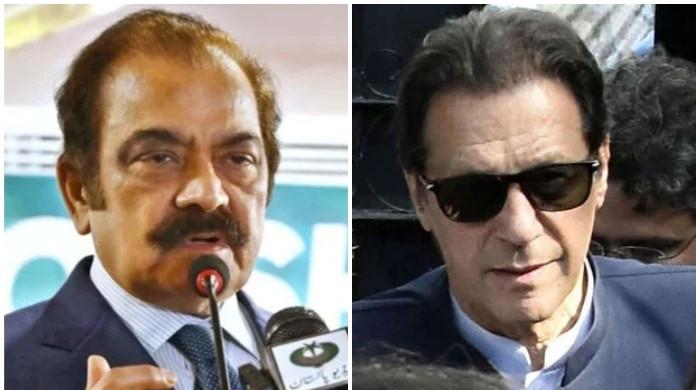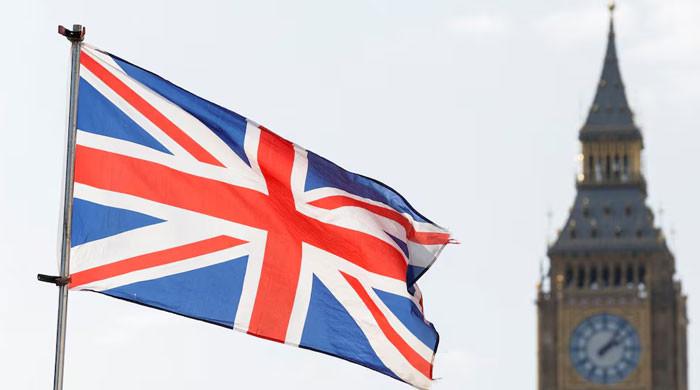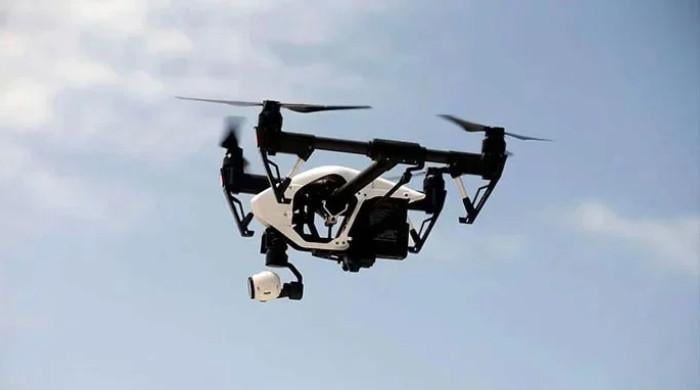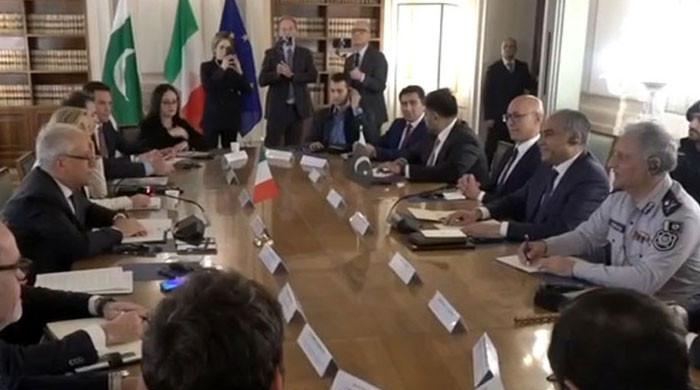Is Pakistan forgetting its brave?
Three years on, the Pakistan government has yet to fulfil the promises it made to Aitzaz Hasan's family
January 06, 2019
Ibrahimzai is a sleepy little village tucked away in Pakistan’s north-west Khyber Pakhtunkhwa province. From the city of Kohat, it is an hour and a half drive along a dusty, winding road dotted with potholes. And the sun doesn’t help much either, searing travellers with its scorching rays, even in the month of May.
On entering the village, my driver points to the right. There, he says, is Aitzaz Hasan’s school. He then points to its gate. And there is where the 15-year-old died, after heroically intercepting a suicide bomber from storming his school.
Ibrahimzai, with its 10,000-strong population, has a history of sectarian violence. Otherwise, it is like any other rural settlement in Pakistan, undeveloped and deprived of basic necessities. Most of the men in the village work as labourers in the Middle East.
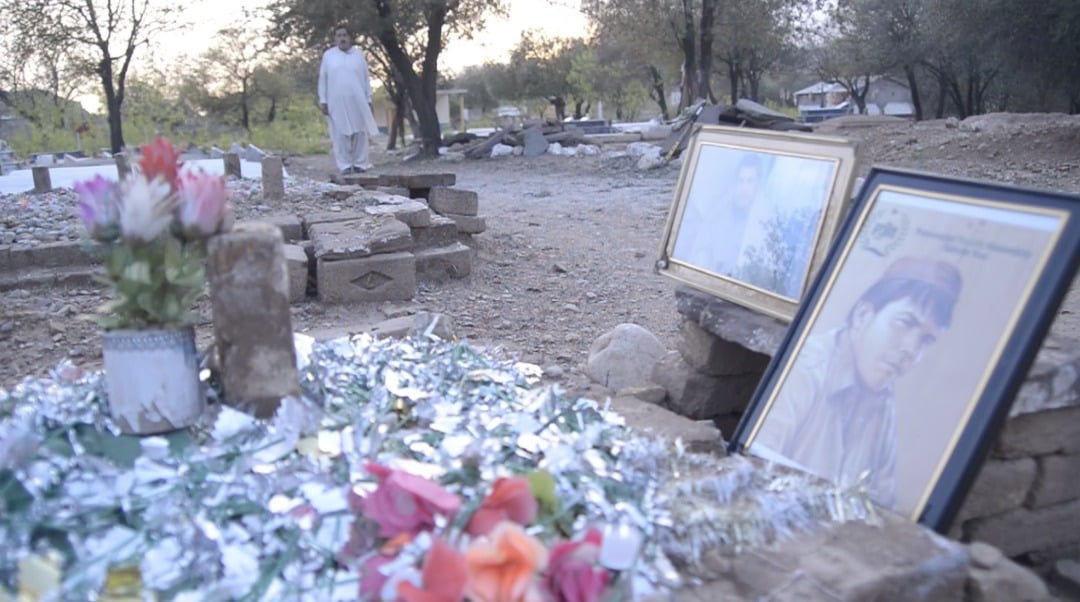
Our car now stops outside a small graveyard. I make my way in and then I see it. Buried ahead of me is Pakistan’s bravest son. There is no marble tombstone, no monument. It a simple mud burial mound, covered in artificial flowers.
I raise my hands, read Fatiha, and wait for Mujahid Ali Bangash, Hasan’s father.
The 58-year-old is employed as a driver in the UAE. On January 6, 2014, Bangash was told of his son’s martyrdom over the phone.
Fate has been cruel to him. The father wasn’t here when Hasan was born and he couldn’t return in time for his funeral. He now sits beside the grave, talking about his teenage son, sometimes with grief and at other times with pride.
What was your relationship like with your son?
Bangash: He was not just my son but also my best friend. When I came home, on leaves, he would stay beside me. He would iron my clothes and polish my shoes. His mother would often tease him about this. She would ask if I am his father or his friend? His reply would be, “You will never understand our relationship.” We had a very strong bond.
At school, he was an average student. He wanted to join the army so much so that when he would go to the mountains for hunting, he would dress up in military fatigues.
Hasan was always bulky. People in the village, even his classmates, used to bug him about it, but he always took it in good humour. Some would tease him further and say that he was not strong enough to take a single bullet. Then in January, God put him to test. It wasn’t his duty, it wasn’t his job. He was just an ordinary student. He could have run like the others, but when the time of sacrifice came, he stood his ground.
How do you think Hasan’s martyrdom has changed our country?
Bangash: I think he has changed the way people think in Pakistan. Children in our village earlier wanted to be pilots or army officers but now some of them want to be Aitzaz Hasan. Today, Aitzaz lives in every home.
The moment I heard of his Shahadat (Martyrdom), I thanked God three times for choosing me as the father of a martyr. And I will keep thanking God till my last day. As Hazrat Imam Hussain (R.A.) said that if life is destined for death then Shahadat is the best end. Everyone has to die one day, but few die as martyrs. I am lucky and a proud father of a shaheed”.
Hasan was awarded the Sitara-e-Shujaat, the highest civilian award of bravery, posthumously. How does that make you feel?
Bangash: I have mixed feelings about this. I have heard that the Nishan-e-Haider is only reserved for the military or government officials. But if that is not true then no one deserves it more than my son.
What would you say to the terrorist who took his life away?
Bangash: They can try all they want, but in the end, the pen will prevail over their guns. Our children will never abandon the path of education. Even after the suicide bombing, the children, Hasan’s class fellows, never stopped going to school. These children are resilient.
With the recent military offensives against militants, there has been relative calm and peace in the Hangu district. But the fear of unknown continues to grip the entire region. Hasan’s family has received threatening letters, warning them against talking to the media.
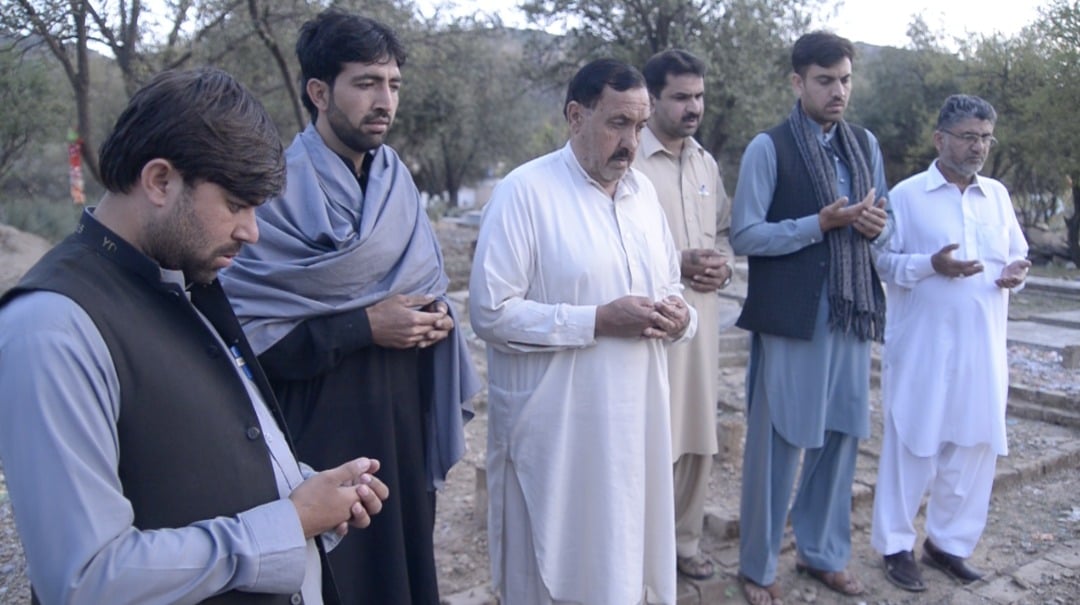
His brother, Mujtaba Hasan Bangash, says he is thankful to the media and the Pakistan Army for their support to the family, but the federal and provincial government have yet to fulfil their promises.
Mujtaba Bangash: The KP government promised to set up two colleges, for men and women, along with a sports complex, in our village. But nothing is being done about it. We also requested them to declare the 6th of every January as a day of remembrance for Hasan.
Now that the sun was starting to disappear, we packed up our video equipment and headed back to Kohat, leaving behind Hasan and his family. On the way home, my thoughts were preoccupied, by the teenage boy who died too young.
May Pakistan never forget Aitzaz Hasan.




